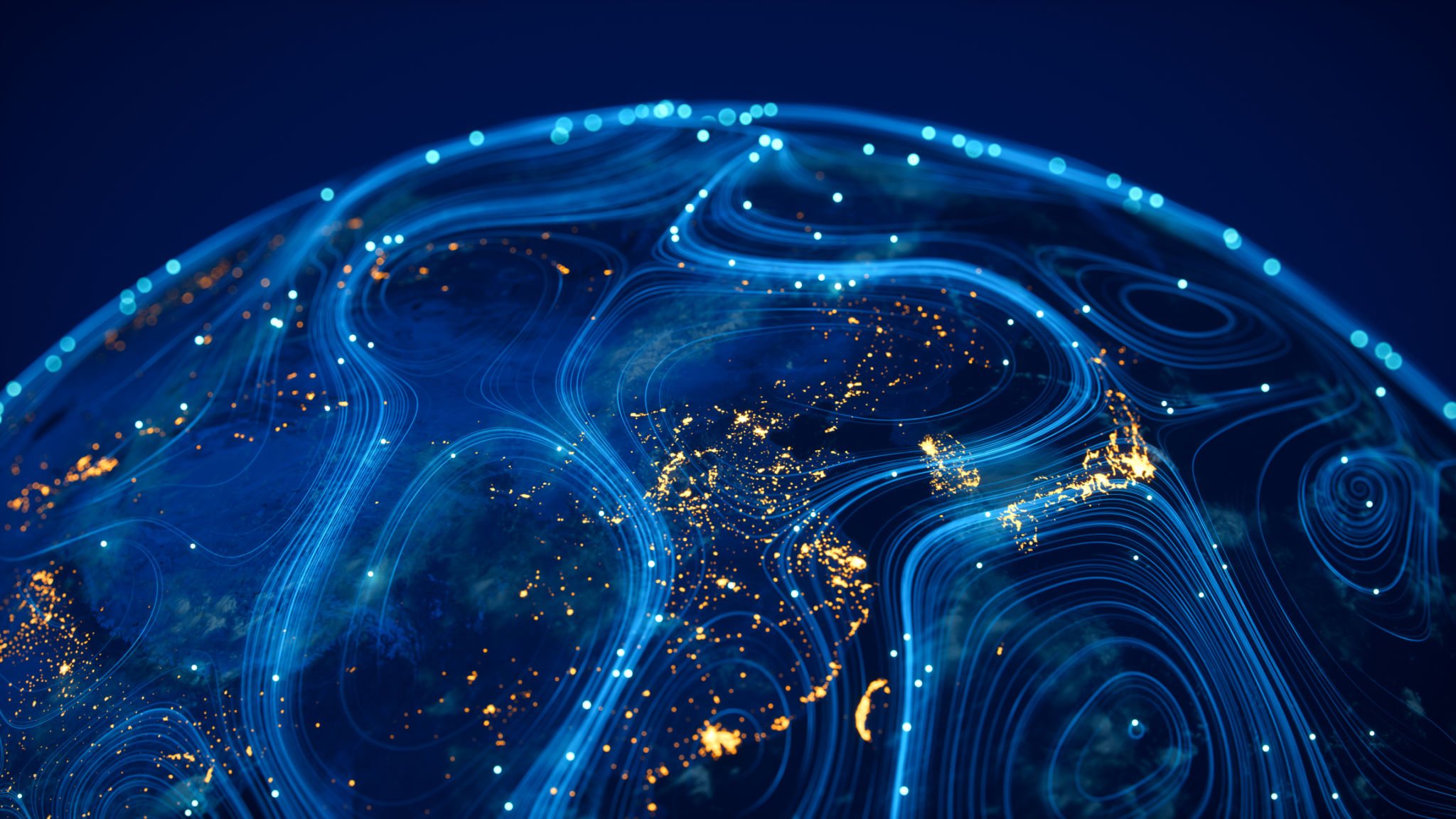Glass Fiber Installation in Germany: Ensuring the Backbone of High-Speed Internet
The Importance of Glass Fiber Installation in Germany
In today’s digital age, reliable and high-speed internet is a necessity for both individuals and businesses. Germany, known for its technological advancements, is investing heavily in glass fiber installation to ensure that its infrastructure can support the demands of the future. Glass fiber, also known as fiber optic, offers unparalleled speed and bandwidth, making it the backbone of high-speed internet.

Understanding Glass Fiber Technology
Glass fiber technology uses thin strands of glass or plastic fibers to transmit data at incredible speeds. Unlike traditional copper wires, which rely on electrical signals, glass fibers use light to carry information. This method significantly reduces signal loss and allows for much faster data transmission over long distances.
The advantages of glass fiber are numerous. It provides higher bandwidth, allowing more data to be transmitted simultaneously. Furthermore, it is less susceptible to interference from electrical devices, ensuring a more stable and reliable connection.
Benefits for Businesses and Consumers
For businesses, investing in glass fiber means improved efficiency and competitiveness. High-speed internet allows for smoother communication, faster data transfer, and the ability to leverage cloud-based services effectively. This is particularly beneficial for industries that rely on large data transfers, such as finance, healthcare, and media.

Consumers also stand to gain significantly from glass fiber installation. With increasingly data-heavy applications such as streaming services and online gaming, a robust internet connection is crucial. Glass fiber ensures that users can enjoy these services without interruptions or lag.
Challenges in Implementation
Despite its benefits, the installation of glass fiber networks is not without challenges. One of the primary obstacles is the cost associated with laying down new infrastructure. This involves significant investment in both time and resources, especially in rural areas where existing infrastructure may be limited.

Furthermore, coordination with local authorities and communities is essential to ensure that installations are carried out smoothly and with minimal disruption. Public awareness campaigns can help in educating citizens about the long-term benefits of glass fiber networks.
Germany’s Commitment to High-Speed Internet
The German government has recognized the importance of fast internet connectivity and has set ambitious targets for glass fiber coverage. By 2025, the goal is to provide gigabit internet speeds nationwide. This commitment highlights Germany's dedication to maintaining its position as a leader in technological innovation.
Investment in glass fiber infrastructure is seen as a crucial step in future-proofing the country’s digital landscape. It not only supports current needs but also lays the groundwork for emerging technologies like 5G and the Internet of Things (IoT).

The Future of Connectivity
As Germany continues to expand its glass fiber network, the potential for innovation and growth is immense. With a reliable and fast internet connection, new opportunities in remote work, education, and entertainment will emerge, transforming the way people live and work.
In conclusion, the installation of glass fiber in Germany is a strategic move towards ensuring a technologically advanced future. By investing in this critical infrastructure, Germany is setting the stage for continued economic growth and a more connected society.
